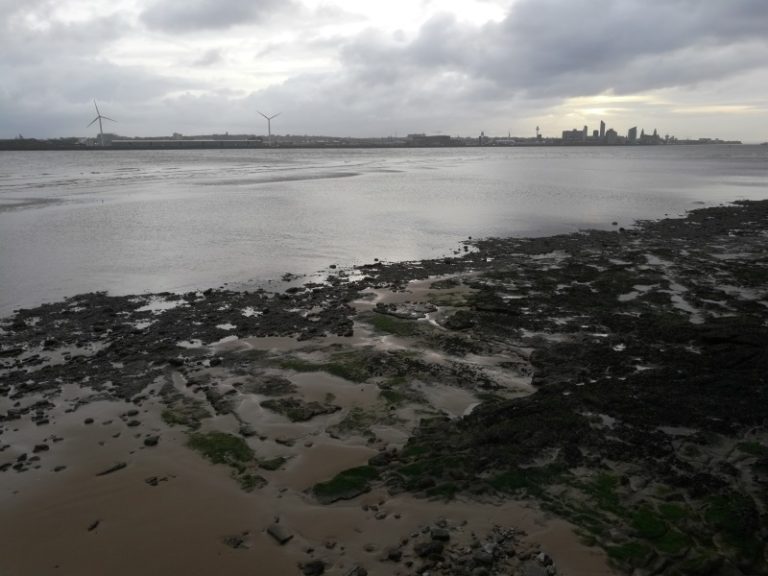Last weekend the news promised Snowmageddon in the UK. 30cm of snow! Freezing temperatures! And as the cold weather arrived there were lots of shots of drifts, stuck cars, cancelled trains and more.
Meanwhile where we live, near the mouth of the Mersey, the snowfall wasn’t heavy and didn’t stick. We had clear paths on Monday morning. Even after a freezing night over Monday night there was just a little frost.
The weather report matters. Headlines are important. We need the big picture, but it’s important to dig in to the specifics, the really fine details. I think this is particularly true when examining how you feel about your thesis ahead of the viva. I would have honestly said I felt good about my thesis…
…except for Chapter Five. I knew I was unsure. I had questions I was still grappling with. The results were fine, but how I got there was all confused in my mind.
If you feel great about your thesis, is that really everywhere? If not, dig down, zero in, where are you not feeling good? Why?
If you’ve got doubts, again, is that with everything? Where are the bright spots? Why?
The national weather report won’t tell you what’s out your window. You have to look for yourself. And just having a general impression about how you feel about your thesis isn’t enough: get detailed!
